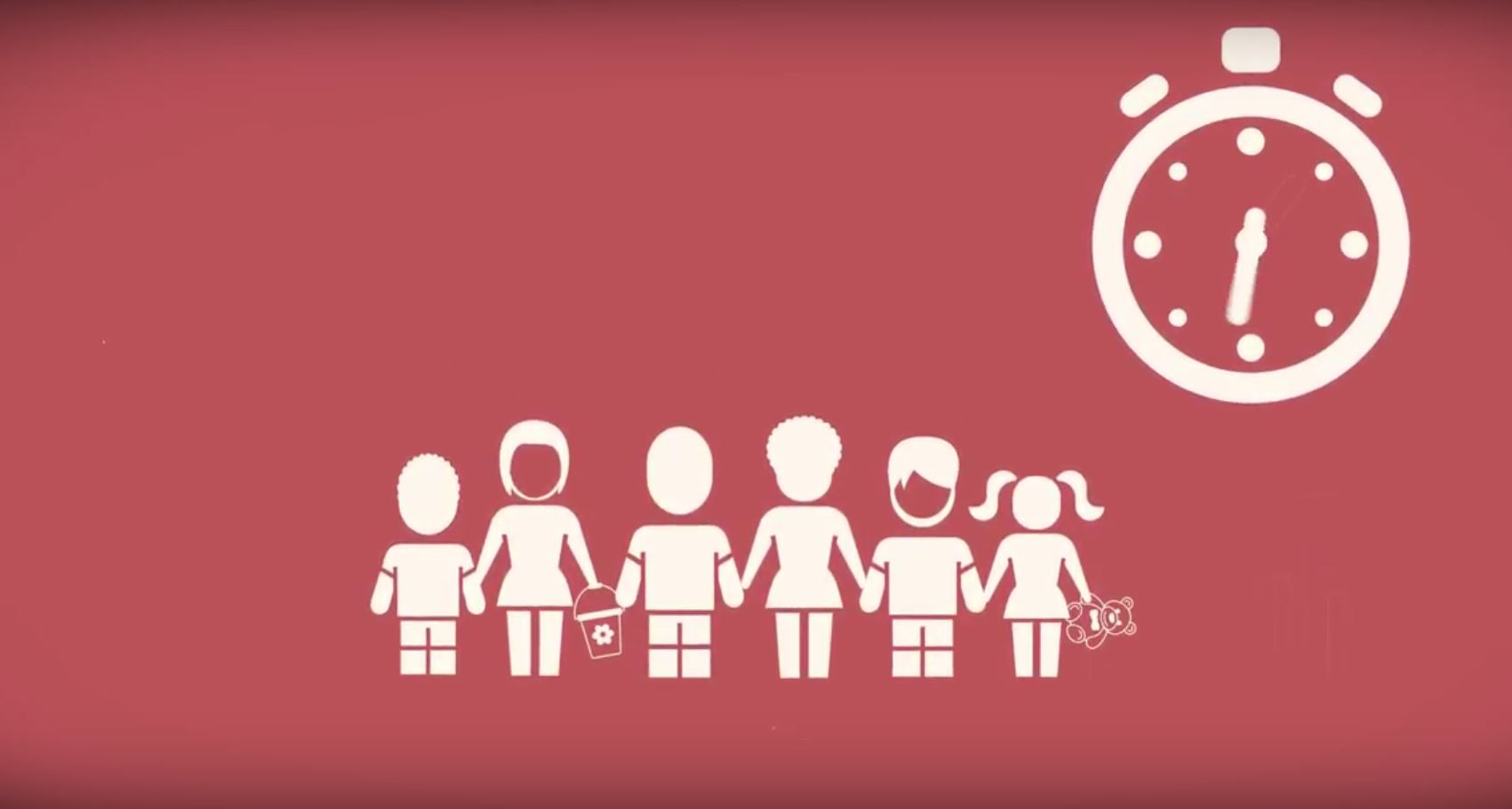Accelerated Education
Accelerated Education
Accelerated Education (AE) programmes are used to promote access to certified education for children and adolescents who have missed out on substantial amounts of schooling.

What is an Accelerated Education Programme?
Accelerated Education Programmes (AEPs) are flexible, age-appropriate programmes, run in an accelerated timeframe, which aim to provide access to education for disadvantaged, over-age, out-of-school children and youth – particularly those who missed out on or had their education interrupted due to poverty, marginalization, conflict and crisis.
The goal of Accelerated Education ProgrammesLink is external is to provide learners with equivalent, certified competencies for basic education using effective teaching and learning approaches that match their level of cognitive maturity.
In forcibly displaced populations, there are large numbers of children and youth who frequently miss out on substantial amounts of schooling. Certified AEPs are a key way to allow older children and youth to access an age-appropriate education.
What is the Accelerated Education Working Group (AEWG)?
The Accelerated Education Working Group (AEWG) is a global, inter-agency working group led by the Inter-agency Network for Education in Emergencies (INEE) and composed of UN agencies, donors, NGOs, and other stakeholders that support AEPs and other flexible education opportunities for out-of-school children and youth. UNHCR is a key member of the AEWG.
The AEWG’s main focus is on accelerated education programmes, but also on the range of flexible education opportunities for out-of-school children and youth to gain skills and competencies equivalent to basic education. It also allows them to transition to further formal or non-formal education, training, or livelihoods – such as catch-up programs, remedial education, bridging, and alternative/non-formal education programs. The AEWG works to support stakeholders in designing, implementing, funding, and evaluating these flexible program models and meeting the varied needs of out-of-school children and youth globally.
Since 2015, the AEWG has developed a framework for high-quality accelerated education and tools and guidance to support funding, design, implementation, and monitoring and evaluation of AEPs. The group also works with national education systems to institutionalize accelerated education and strengthen systemic resilience to crises.
The foundation of all the tools and guidance are the AE 10 Principles for Effective PracticeLink is external as well as a more detailed Guide to the Accelerated Education PrinciplesLink is external. The AEWG have also developed 10 Principles for Catch-up ProgrammesLink is external.
These 10 principles aim to clarify the essential components of effective AEPs or catch-up programmes. Each principle contains evidence-informed best practices which can be viewed as a series of key actions or indicators to support the design, implementation and evaluation of accelerated education work.
The AEWG has also developed the following documents:
- a Decision TreeLink is external to help decide when AE is, and when it is not, an appropriate response;
- an AE Introductory Teacher Training Pack,Link is external and
- an AE Monitoring and Evaluation ToolkitLink is external.
All the AEWG tools and guidance are available in English, Spanish, French, Arabic and Portuguese.
